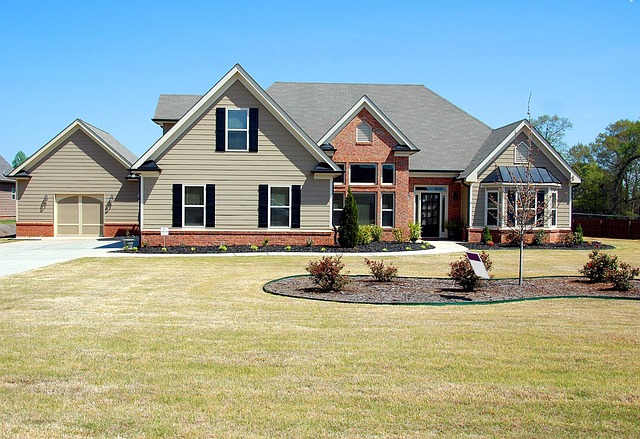What Every Homeowner Should Know About Property Value
Understanding what drives property value is essential for any homeowner, whether you’re thinking of selling, refinancing, or simply investing in your future. This article breaks down the key factors that influence your home’s worth, from location and market trends to renovations and upkeep. By gaining a clear picture of how property values are assessed, you can make smarter decisions to protect and grow your investment with confidence.

What are the primary factors that influence home value?
Several key factors play a significant role in determining a property’s value. Location is often considered the most crucial element, as it’s the one thing about a property that can’t be changed. The overall condition of the home, its size, and the number of bedrooms and bathrooms also significantly impact value. Market conditions, including supply and demand in your area, interest rates, and the overall economy, can cause fluctuations in property values. Additionally, unique features or recent upgrades can boost a home’s appeal and, consequently, its value.
How do location and neighborhood affect property pricing?
Location is paramount when it comes to property value. Homes in desirable neighborhoods with low crime rates, good schools, and proximity to amenities like parks, shopping centers, and public transportation tend to command higher prices. The overall appeal of the surrounding area, including the condition of neighboring properties and local development plans, can also influence value. Even within the same city, property values can vary dramatically from one neighborhood to another based on these factors.
What role do renovations and maintenance play in home value?
Renovations and regular maintenance can significantly impact a home’s value. Updates to kitchens and bathrooms often yield the highest returns on investment. Energy-efficient upgrades, such as new windows or improved insulation, can also increase value while reducing operating costs. However, it’s important to note that not all renovations will boost value equally. Over-improving for your neighborhood or making highly personalized changes may not always translate to a higher sale price. Regular maintenance is crucial to preserve value, as neglected repairs can lead to more significant issues and decreased property worth over time.
What unique factors impact home values in the United States?
In the United States, several unique factors can influence home values. The presence of good public schools in the area can significantly boost property prices, as many families prioritize education when choosing where to live. Zoning laws and local regulations can affect property values by dictating what can be built or how land can be used in certain areas. Natural disasters and environmental factors, such as flood zones or wildfire-prone regions, can impact home values and insurance costs. Additionally, the U.S. housing market can be influenced by national economic policies, including tax incentives for homeownership and mortgage interest rates set by the Federal Reserve.
How can homeowners protect and grow their property investment?
To protect and grow your property investment, start by staying on top of regular maintenance to prevent small issues from becoming costly problems. Keep an eye on local market trends and be strategic about renovations, focusing on improvements that offer the best return on investment. Consider energy-efficient upgrades, which can increase your home’s value while reducing utility costs. Enhancing curb appeal through landscaping and exterior improvements can also boost property value. Additionally, staying informed about local development plans and zoning changes can help you anticipate shifts in your neighborhood’s desirability and property values.
What are the most valuable home improvements for increasing property value?
When it comes to increasing property value through improvements, some renovations offer better returns than others. Kitchen and bathroom updates consistently rank among the most valuable home improvements. Modernizing these spaces with quality fixtures, energy-efficient appliances, and contemporary finishes can significantly boost a home’s appeal and value. Other high-value improvements include:
-
Adding living space through finished basements or attics
-
Enhancing energy efficiency with new windows, insulation, or HVAC systems
-
Upgrading to a new roof or siding
-
Installing smart home technology
-
Creating outdoor living spaces like decks or patios
| Improvement | Average Cost | Potential Value Increase |
|---|---|---|
| Kitchen Remodel | $25,000 - $65,000 | 60-80% of cost |
| Bathroom Remodel | $10,000 - $30,000 | 60-70% of cost |
| Finished Basement | $20,000 - $50,000 | 70-75% of cost |
| New Windows | $8,000 - $24,000 | 70-80% of cost |
| Deck Addition | $15,000 - $20,000 | 65-75% of cost |
Prices, rates, or cost estimates mentioned in this article are based on the latest available information but may change over time. Independent research is advised before making financial decisions.
Understanding the factors that influence home value empowers homeowners to make informed decisions about their property. By focusing on location, maintaining your home, making strategic improvements, and staying informed about market trends, you can protect and potentially increase your property’s value over time. Remember that while some factors are beyond your control, many aspects of your home’s worth can be positively influenced through thoughtful care and investment.




